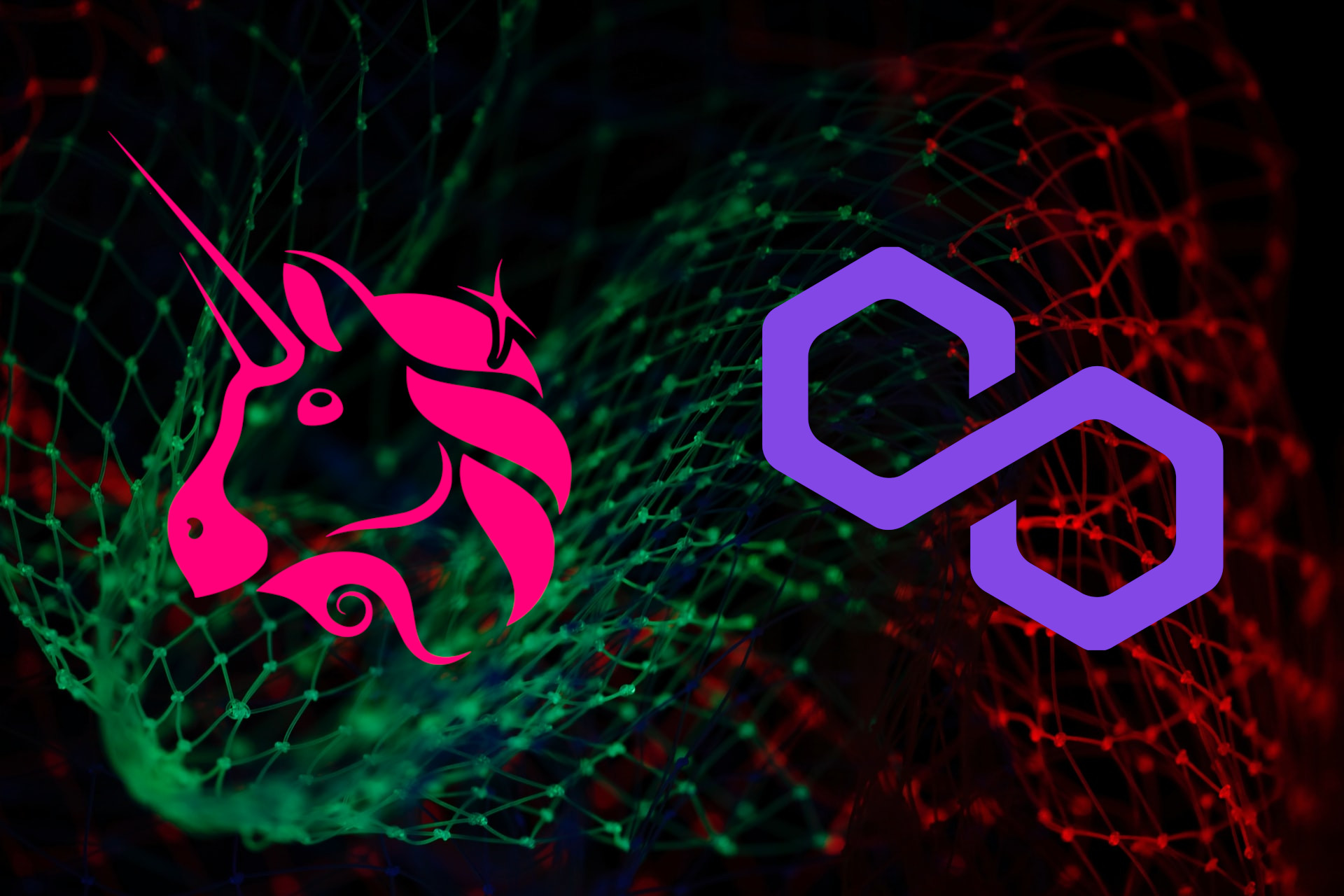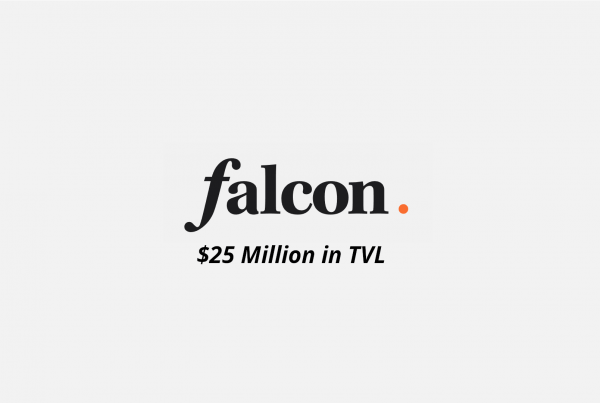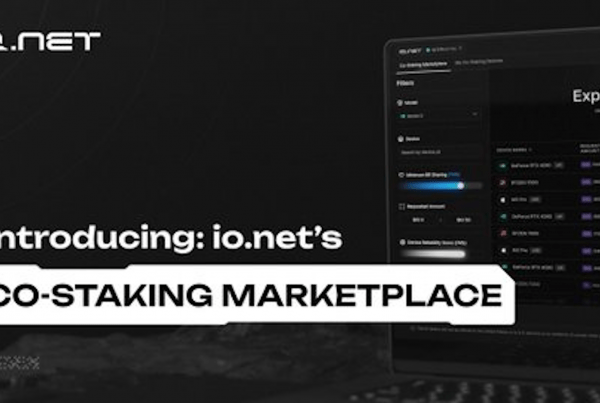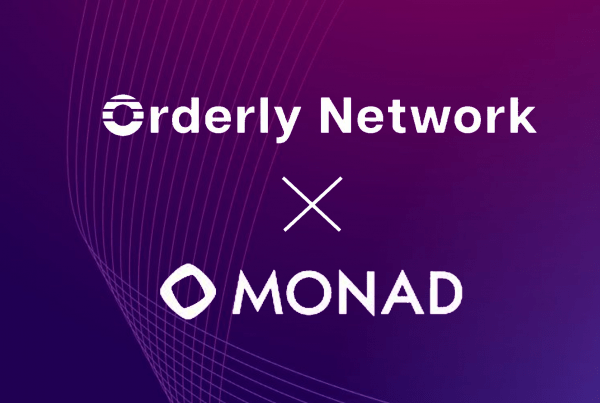
Key takeaways:
- The launch of Uniswap v3 on Layer 2 network Polygon will reduce gas fees and increase the liquidity of Uniswap’s decentralized trading service
- The Uniswap community approved the launch on Polygon in a nearly unanimous vote as 99.3% of users voted in favor of the launch
- Uniswap Labs has committed $20 million for the integration with Polygon
After a virtually unanimous vote, the Uniswap community has agreed on deploying the v3 of the Unsiwap trading protocol on Polygon, one of the leading Layer 2 networks. The price of the platform’s native MATIC token has skyrocketed to a new all-time high of $2.70 following the announcement.
The launch of Uniswap on Polygon will reduce the high gas fees when trading, borrowing, and lending
One of the issues of decentralized finance (DeFi) service operating on the Ethereum network is the high gas fees that are associated with performing transactions associated with trading, borrowing, and lending that are a product of Ethereum’s outdated Proof-of-Work (PoW) consensus mechanism.
The launch of Uniswap’s trading and automated liquidity provision services on Polygon will significantly reduce the costs of performing DeFi services due to Polygon’s efficient Proof-of-Stake (PoS) mechanism.
The Uniswap team has announced the deployment of their decentralized trading protocol on Polygon on Wednesday, four days after the initial governance vote had taken place.
The proposal to launch Uniswap v3 on Polygon was first submitted by the company’s CEO Mihailo Bjelic, who argued that the deployment of Uniswap on Polygon will bring a long list of benefits to users, including higher revenue, more liquidity, and most importantly, huge savings.
Uniswap Labs has committed $20 million to support the deployment of Uniswap on Polygon – $5 million for various costs associated with driving the overall adoption and $15 million for a liquidity program.
Following the news, the prices of MATIC and UNI tokens jumped to their respective multi-week highs. The price of MATIC has surged to a new price peak of $2.70 in the four days after the announcement, while UNI gained roughly 20% and reversed its recent downward trend.



